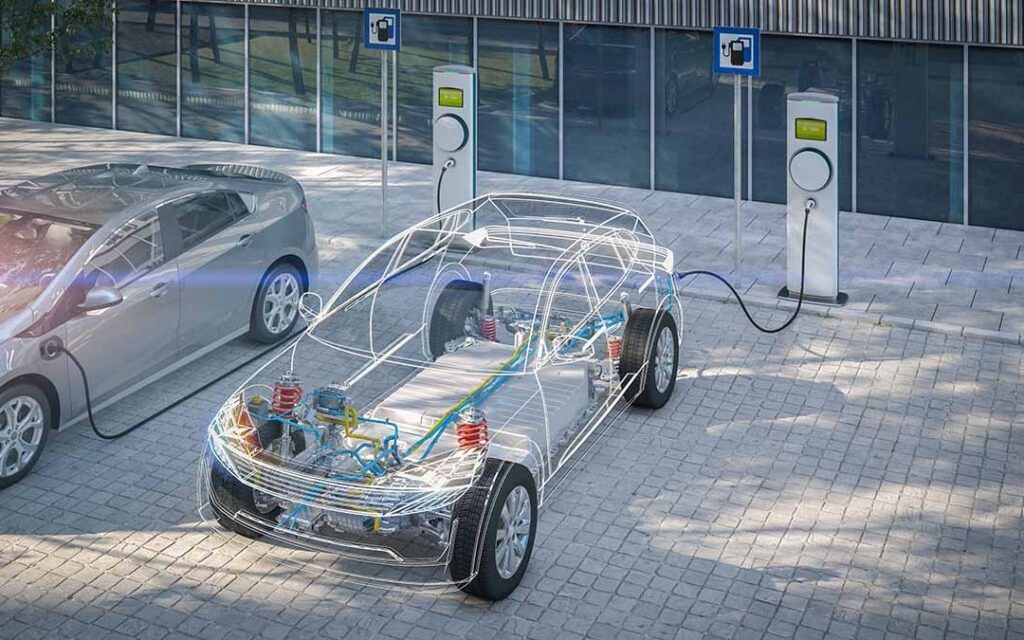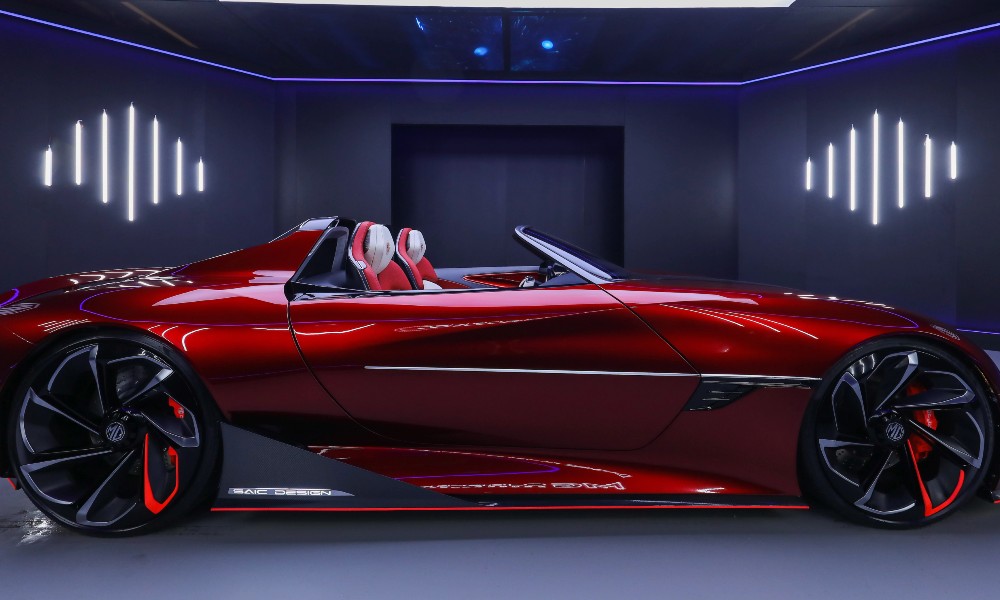Electric vehicles (EVs) are gaining popularity due to their eco-friendliness and the potential to significantly reduce carbon emissions. However, the major challenge EVs face is their battery technology. The majority of EVs use lithium-ion batteries, which have limited energy density and safety concerns. To overcome these challenges, researchers are exploring solid-state batteries as the next-generation battery technology for EVs. In this article, we will explore the latest developments in solid-state batteries for EVs.
What are Solid-State Batteries?
Solid-state batteries are a type of battery technology that uses solid electrolytes instead of liquid electrolytes used in conventional lithium-ion batteries. Solid-state batteries offer several advantages over traditional lithium-ion batteries, such as higher energy density, faster charging, and improved safety. Solid-state batteries also have the potential to use lithium metal as an anode, which can further increase energy density.
Lithium Metal Batteries
Lithium metal batteries are one of the most promising solid-state battery technologies for EVs. Lithium metal batteries use lithium metal as an anode, which has a higher energy density than graphite used in traditional lithium-ion batteries. The use of lithium metal anodes can significantly increase the energy density of a battery, which can increase the driving range of an EV.
However, the use of lithium metal anodes comes with safety concerns, as lithium metal is highly reactive and can cause thermal runaway if it comes in contact with liquid electrolytes. Researchers are exploring several approaches to overcome this challenge, such as using solid-state electrolytes and functional coatings on the lithium metal anode.
Solid-State Electrolytes
Solid-state electrolytes are a critical component of solid-state batteries. Solid-state electrolytes offer several advantages over liquid electrolytes, such as improved safety and higher energy density. The use of solid-state electrolytes also eliminates the need for a separator, which is required in traditional lithium-ion batteries.
Researchers are exploring several types of solid-state electrolytes, such as ceramic, polymer, and composite electrolytes. Ceramic electrolytes offer high ionic conductivity but are brittle and difficult to manufacture. Polymer electrolytes offer flexibility and ease of manufacturing but have lower ionic conductivity than ceramic electrolytes. Composite electrolytes combine the advantages of both ceramic and polymer electrolytes and offer high ionic conductivity and flexibility.
Conclusion
Solid-state batteries offer several advantages over traditional lithium-ion batteries, such as higher energy density, faster charging, and improved safety. Lithium metal batteries using solid-state electrolytes are one of the most promising solid-state battery technologies for EVs. However, several challenges need to be overcome before solid-state batteries become commercially viable, such as improving the manufacturing process and reducing the cost of production.
- Higher energy density than traditional lithium-ion batteries.
- Faster charging capability.
- Improved safety compared to traditional lithium-ion batteries.
- Potential to use lithium metal as an anode, which can increase energy density.
Despite the challenges, the development of solid-state batteries for EVs is an exciting field, and researchers are optimistic about its potential. With continued research and development, solid-state batteries could revolutionize the EV industry and make electric vehicles the norm rather than the exception.










